
By Karen Lustgarten
Just three months into the newly-created position of Innovation Strategist for the newly-created Boca Raton Innovation Office, Pedro Moras is in a whirlwind of meetings with city officials, heads of different departments, representatives of organizations, citizens, the start-up community, the business community and leaders of Smart cities in other states and countries. He’s in the information gathering stage, researching to determine where Boca Raton lies as a technology hub on the Smart city spectrum.
His input into Boca’s existing technology and innovation ecosystem is coming from various sectors to identify gaps, strengths, where the city needs to improve and where residents want it to be. At this stage, he’s determining what the city needs to do and the period of time to get there in order to champion Boca Raton as a Smart city and an innovative ecosystem attracting talent.
“The time it will take, the investment it will take, the impact it will have in the community and how do all these things interconnect” is part of the goal setting said Moras. “I didn’t want to come into this position as Innovation Strategist with an arrogant approach saying this is what the city should be doing. I’d rather take a step back, learn, get feedback and we start building a strategy for everyone.”
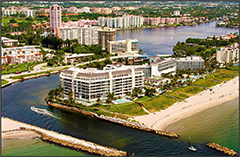
Smart City goals
The Smart city concept integrates information and communication technology (ICT) and various physical devices connected to the Internet of Things (IoT) network to make city operations and services more efficient, and to connect to citizens. Surveillance, automated transportation, smarter energy management systems, water distribution, urban security and environmental monitoring are examples of IoT applications for Smart cities.A Smart city would thus be a city government that not only possesses ICT technology, but has also implemented this technology in a manner that positively impacts the quality of life to make a community more livable.
Smart cities that Moras admires include San Diego, Seoul, Singapore and New York City, “…which is evolving in an interesting way by how they are merging Smart city and the start-up ecosystem,” he noted.
In cities like Hong Kong, technology applications, such as sensors and analytics around air quality, is a major priority because of their high air pollution issue. In Boca Raton, air pollution is important, but he said we don’t have a compelling issue about air quality.
“As we continue our research, one of the goals is to understand and prioritize the unique needs of our city so that we can begin mapping out which Smart city applications and technology make the most sense for Boca,” he said, saying that one major goal is creating a holistic Smart city strategy. Based on early assessments, Moras sees mobility (transportation and traffic) and green technology as important areas of focus here.
He noted that Boca is using quite a bit of technology — sensors in traffic lights, gathering data points.
“Of all the technology we have in the city, how do we bring in that data in a holistic manner and create an intelligent system that allows us to make sense of all that data in order to make better decisions?” he asked.
He said there are many systems in the city being used effectively“…but they are pretty much like silos [isolated from other systems]. So how do we make all these technologies talk to each other?” Some of the integration is already happening he said.
“When we talk about Smart city, we are specifically asking what are the gaps in the city, where do we want to be and what are the projects that are going to get us there? Then, we bring in the right players who we met with across the city and externally. We want to take the mission and vision created and manifest them into something visual where we can see what Boca Raton will look like over the next 10 to 15 years and start building a clear path to getting there. We’re at that stage right now,” he said.
For Boca Raton to be a technology hub, there needs to be an interconnection of things.
“We started talking about the concept of creating a stronger entrepreneurial and innovation ecosystem. A big piece of that is engaging the start-up community, and how do we make the start-up community stronger? How do we give the right resources and funding for the start-up community and define what types of start-ups we want to attract into our environment? So there’s a lot of strategic work that needs to happen,” he said.
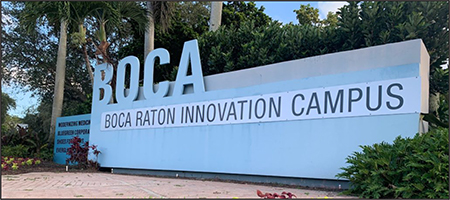
Entrepreneurial emphasis
Pedro Moras is familiar with entrepreneurial start-ups. Born in Brazil and raised in South Florida, he will be tapping into his experience to help further grow the city’s start-up and innovation culture, and promote Boca Raton as a Smart city — an innovation and technology hub.
Prior to his new position, Moras co-founded a successful pet food technology start-up (PetMio) that utilizes advanced artificial intelligence technology to create customized pet nutrition products. He was managing partner at the Konnected Minds Group, a Miami-based innovation consultancy, and was a founding member of the Transformational Innovation Group at Jarden Consumer Solutions (now Newel Brands), a corporate new ventures group focused on new product and business opportunities.
In leading the development of Boca Raton’s Smart City and innovation ecosystem strategy, Moras says he has a lot to unpack beginning with researching Boca’s existing situation. Innovations are happening here he said; he is seeking details about them and areas for improvement.
“Understanding this will allow us to create a detailed Smart city vision and strategy,” said Moras.

Karen Lustgarten is president of Multi-Media Works, a multiple award-winning media company specializing in video, PR, print and social media with offices in Broward and Palm Beach Counties. She founded a newspaper in Washington, DC, was a syndicated columnist and a bestselling author. www.multi-mediaworks.com.


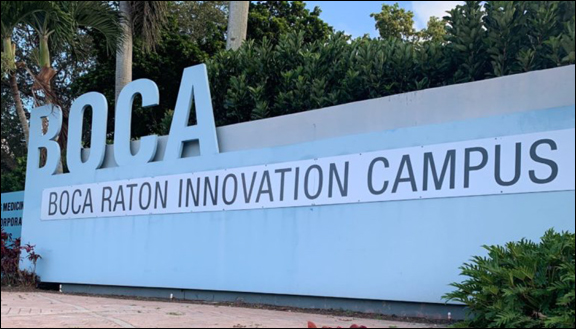
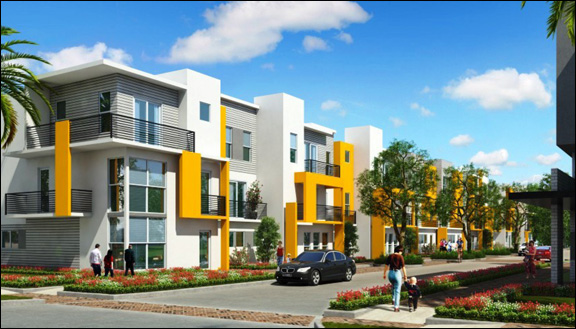
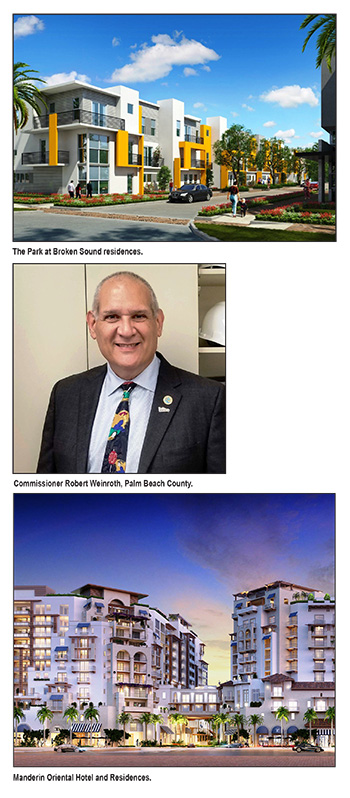
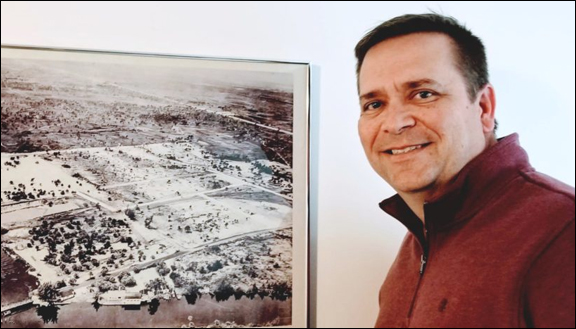
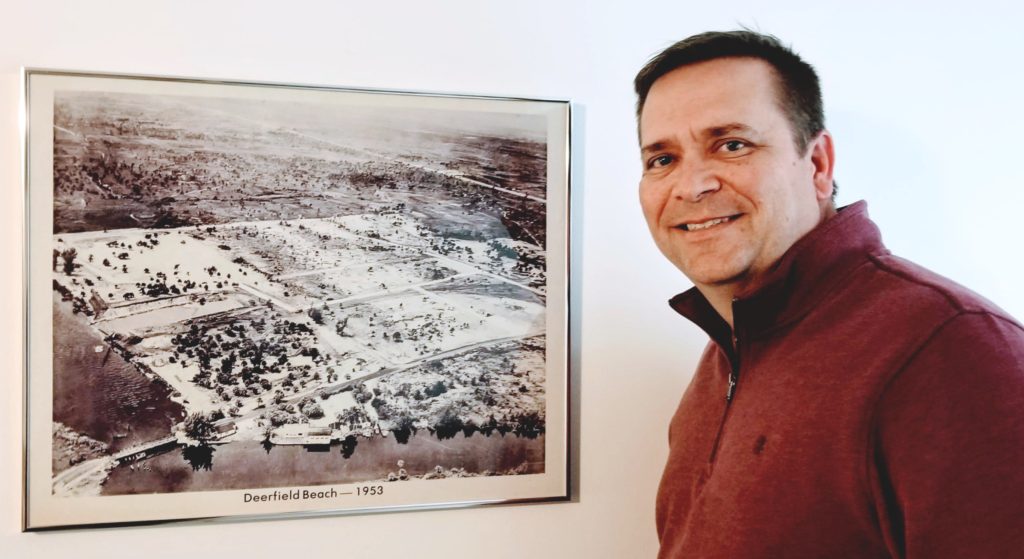
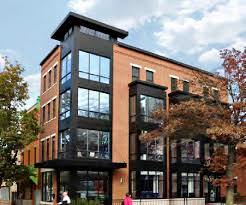
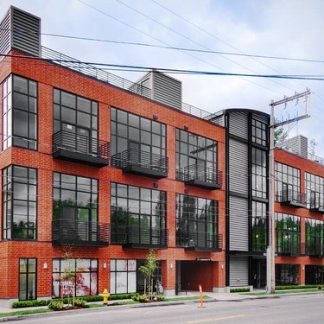
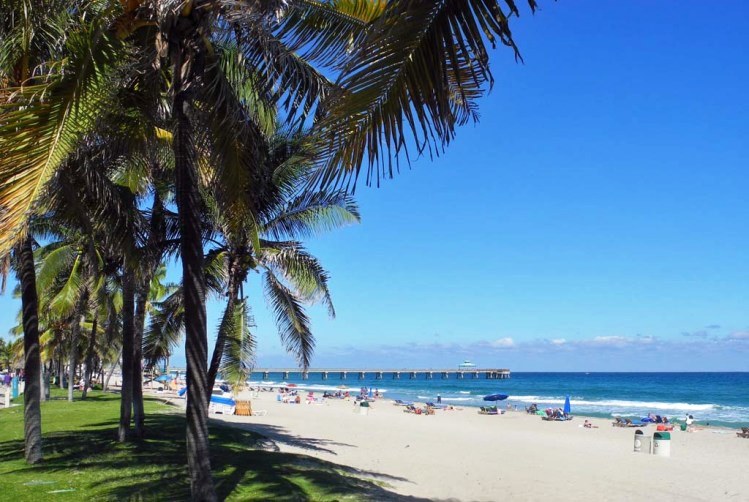
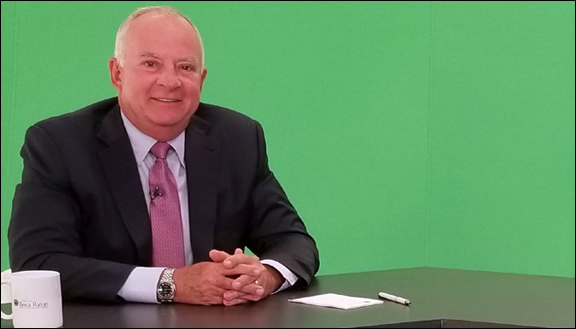
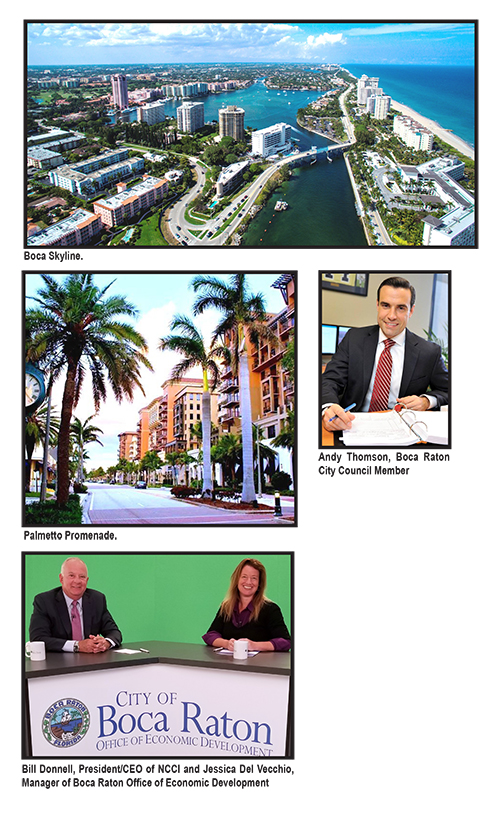 By Karen Lustgarten
By Karen Lustgarten
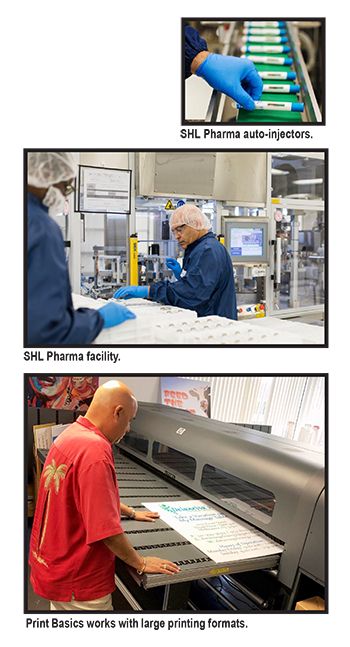 By Karen Lustgarten
By Karen Lustgarten 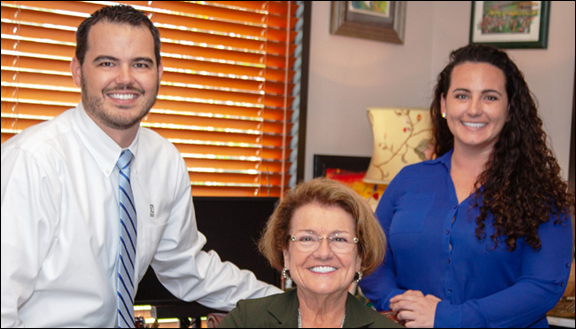
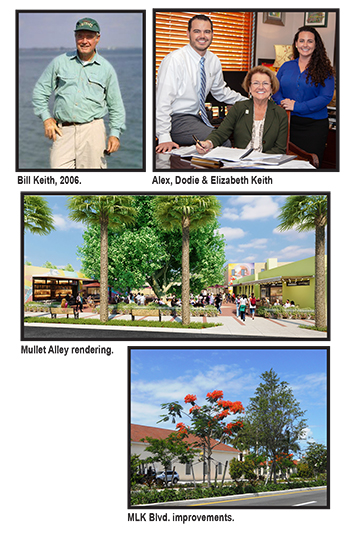 Periodic column on companies that grew up with our community
Periodic column on companies that grew up with our community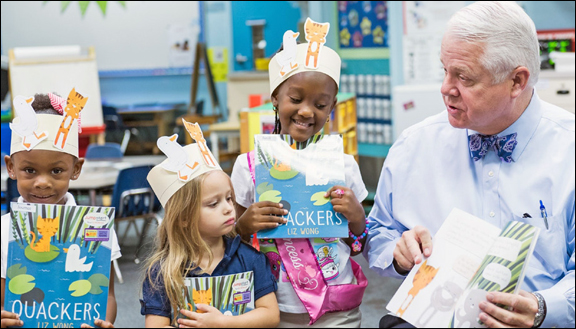
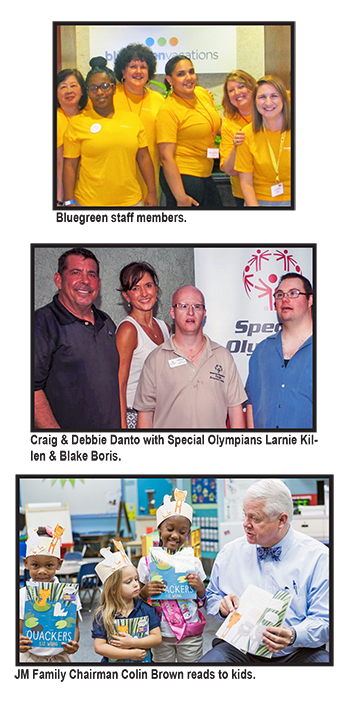
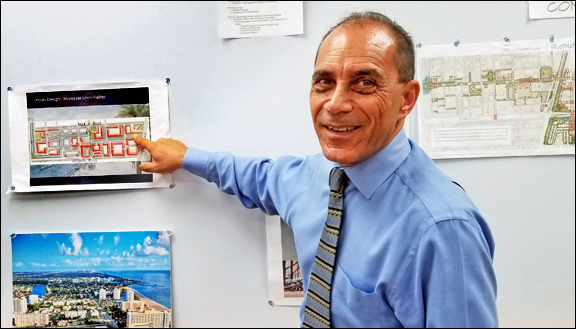
 By Karen Lustgarten
By Karen Lustgarten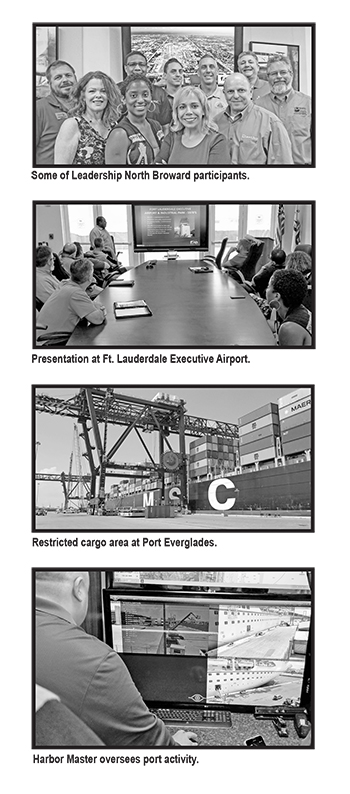 By Karen Lustgarten
By Karen Lustgarten



